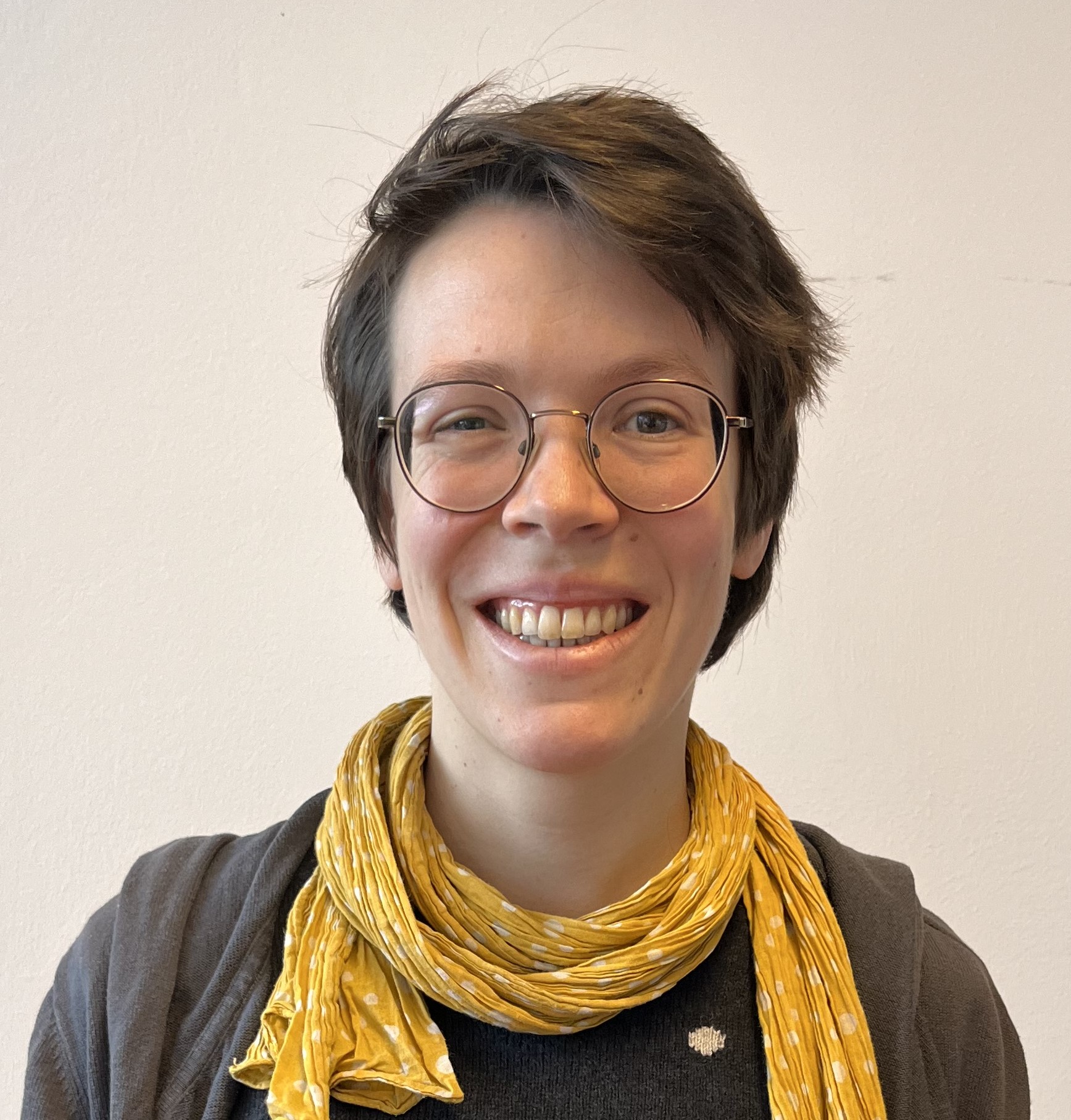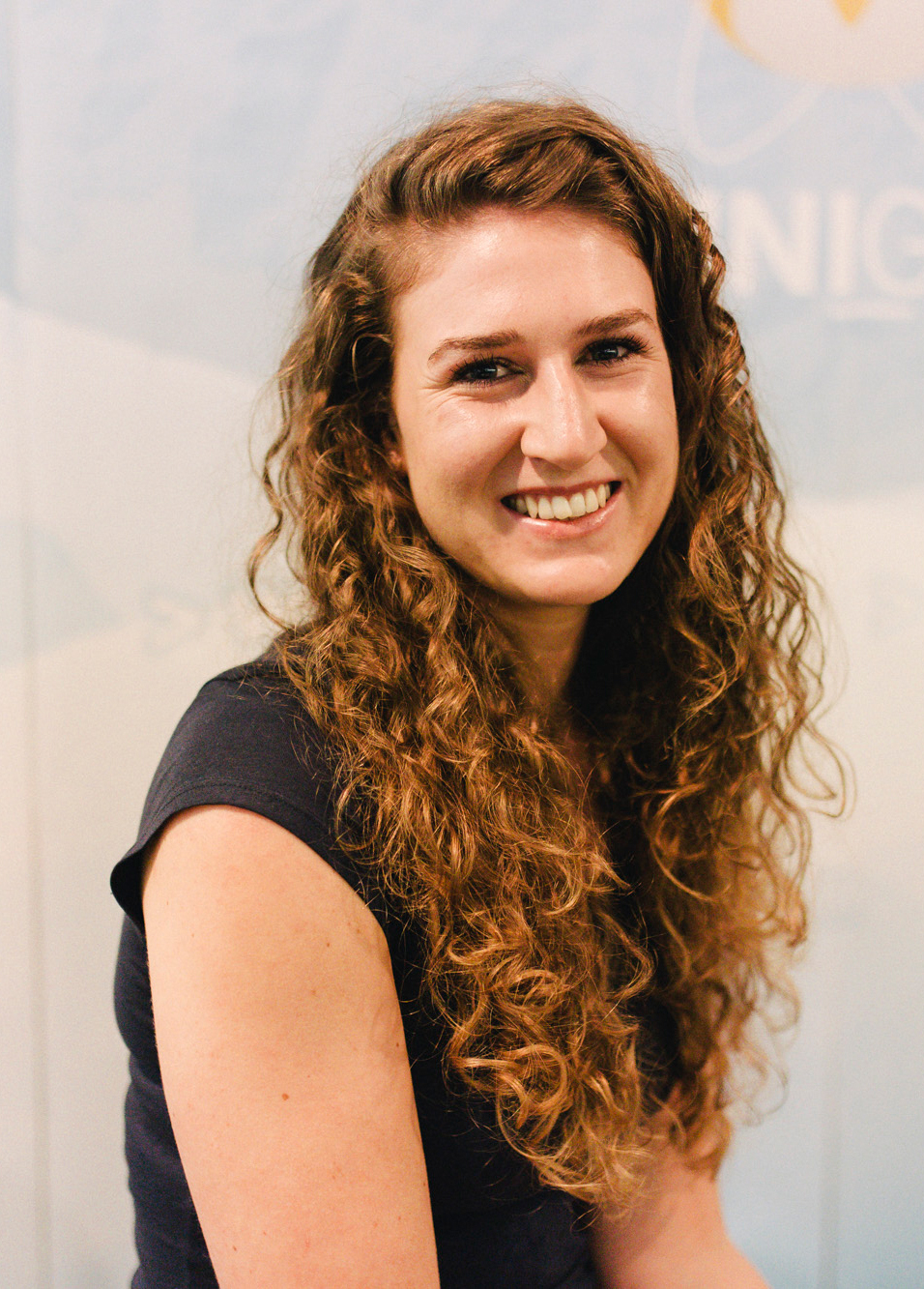Long-term experience in online education
The Department of Geoinformatics – Z_GIS at Paris Lodron University of Salzburg offers online study programs in Geoinformatics since 1993. As a founding member of UNIGIS International Association – the international network of UNIGIS partner universities – the UNIGIS Salzburg team and faculty under the lead of Assoc.-Prof. Gudrun Wallentin is dedicated to share their long-time experience in the field of Geoinformatics with UNIGIS students worldwide.
An overview of our activities and students is presented in the Annual Report 2021.
The flexibility of the distance-learning format tailors UNIGIS study programs to the needs of working professionals:
- UNIGIS allows to continue the professional career while studying
- our programs are designed to support individual, flexible time management
- our study materials are subject to continuous development and we focus on using multimedia learning platforms
- we offer our students a unique combination of in-depth Geoinformatics expertise and methodological competence
- we update UNIGIS participants with the latest developments in the field of Geoinformatics
- UNIGIS study programs complement general concepts and methodological foundations of Geoinformatics with a lot of hands-on exercises and real-world application examples. Students will be skilled to use the latest versions of different, established GI-software products.
Consequently, our position in the „academic world” differs:
We are not only an educational institution but we do connect the GIS users and GIS suppliers. Nevertheless, we have established the ClubUNIGIS network, an international GIS-Community that provides you with access to several resources and the opportunity of life-long learning.
Numerous experts from the Department of Geoinformatics – Z_GIS, other academic institutions as well as the GI-industry have designed UNIGIS modules and materials to cover the wide ranging field of Geoinformatics:
| Module | Responsible author |
| Academic Work | Michael Leitner |
| Automated Data Processing with R | Christian Neuwirth |
| Automated GIS Workflows with QGIS and Python | Anita Graser |
| Basics of Application Development | Thomas Zuberbühler |
| Data Modelling and Data Structures | Judith Grubinger |
| Data Sources and Data Acquisition | Lena Pernkopf |
| Developing Web-Applications with JS and Leaflet | Thomas Zuberbühler |
| Enterprise GIS | Manfred Mittlböck |
| Environmental Monitoring | Leo Zurita Arthos |
| Geodatabase Management | Robin Wendel |
| Geographical Analysis | Florian Albrecht |
| Introduction to Geoinformatics | Adrijana Car |
| LiDAR Remote Sensing and Applications | Ivan Tomljenovic |
| OpenGIS and Distributed GI Infrastructures | Wöhs Katharina |
| Project Management and GIS Organization | Erika Blaschke |
| Remote Sensing | Lorenz Wendt |
| Spatial Simulation | Gudrun Wallentin |
| Spatial Statistics | Alen Berta |
| Visualisation and Cartography | Caroline Atzl |
Strobl, J. (2019):
The Geospatial Capacity Building Ecosystem – Developing the Brainware for SDI.
In: Abbas Rajabifard (Hrsg.), Sustainable Development Goals Connectivity Dilemma. CRC Press – Taylor & Francis, Boca Raton: 213-219.
Traun, C. (2018):
Impulse aus der Praxis – Bereicherung von Forschung und Lehre aus berufsbegleitenden GI-Bildungsangeboten.
In: Kersten, T.P., E. Gülch, J. Schiewe, T.H. Kolbe, U. Stilla (Hrsg.) 38. Wissenschaftlich-Technische Jahrestagung der DGPF und PFGK18 Tagung in München – Publikationen der DGPF, Band 27: 461-464.
Wallentin, G., Hofer, B., Traun, C. (2015):
Assessment of Workforce Demands to Shape GIS&T Education.
In: Transactions in GIS 19(3), 439-454.
Strobl, J. (2014):
Can Brainware keep up with Technology?
In: Geospatial World 9/2014, 40-42.
Roth, C. und G. Wallentin (2012):
Open Source GIS Software in der UNIGIS Fernlehre.
In: Tagungsband der FOSSGIS 2012 – Anwenderkonferenz für Freie und Open Source Software für Geoinformationssysteme. Dessau.
Blaschke, T., Strobl, J., Car, A. und Traun, C. (2011):
Geoinformatik und GIScience in allen Stufen des Bologna-Systems – eine Bilanz an der Universität Salzburg.
In: Seyfert, E. (Hrsg.), Geodaten – eine Ressource des 21. Jahrhunderts. Publikationen der DeutschenGesellschaft für Photogrammetrie,Fernerkundung und Geoinformation, Band 20, Mainz, 9-12.
Strobl, J. (2011):
UNIGIS – Networked Learning over a Distance.
In: Unwin, D. J., Foote, K. E., Tate, N. J. and DiBiase, D. (eds.): Teaching Geographic Information Science and Technology in Higher Education. John Wiley & Sons Ltd.
Car, A. (2010):
Quality Aspects in Postgraduate Distance Education: an Example from UNIGIS Salzburg.
In: Donert K. (Hrsg), Using GeoInformation in European Geography Education. Roma, International Geographical Union and Societa Geografica Italiana: 160-169.
Petch, J. and A. Car (2010):
Case of Good Practice 1: UNIGIS. Enhancing Surveying Education through e-Learning.
In: Groenendijk, L. and B. Markus (Hrsg.), FIG Report published by FIG Commission 2 – Professional Education, The International Federation of Surveyors (FIG): 32-36.
Atzmanstorfer K. and R. Resl (2009):
UNIGIS in Latin America 1999-2009: Experiences of a Distance Education Program for GIS in Latin America.
In: Proceedings of the International Cartographic Conference (ICC), 2009. Santiago de Chile.
Strobl, J. and A. Car (2009):
Continuing Professional Education via Distance Learning – Success Factors and Challenges.
In: Oesterreichische Zeitschrift fuer Vermessung & Geoinformation: Proceedings FIG Commission 2 – Conference “Navigating the Future of Surveying Education” Vol. 1.
Traun, C. (2009):
Continuing Professional Education Requirements and Offers in GI within Europe.
In: Jekel, Koller, Donert (Eds): Learning with Geoinformation IV. -Heidelberg, p. 212-219.
Traun, C. und M. Fally (2007):
Problemorientiertes kollaboratives Lernen in online basierten Geoinformatik-Fernstudien.
In: T.Jekel, A. Koller, J. Strobl (Hrsg.), Lernen mit Geoinformation II. – Heidelberg, S. 204-215
Car, A. (2006):
Quality Aspects in Postgraduate Distance Education: An Example from UNIGIS Salzburg.
ESRI Education Conference, Athens, Greece.
>> Publications of Interfaculty Department of Geoinformatics – Z_GIS
“We, the UNIGIS Team, consider the continuous competent support and intensive tutoring of our students as one of our strengths. During the study programs we don’t constrain our students, but instead we foreground the education of our clients as an introduction to a life-long learning network that extends after the studies.”
















